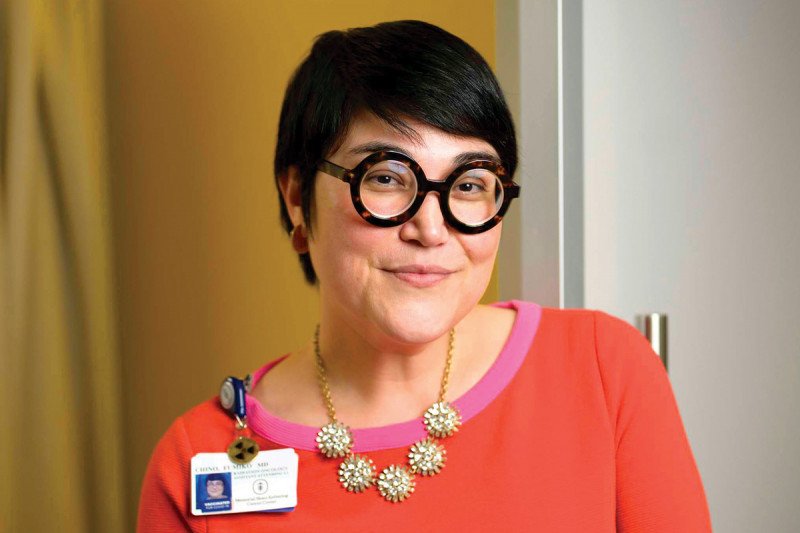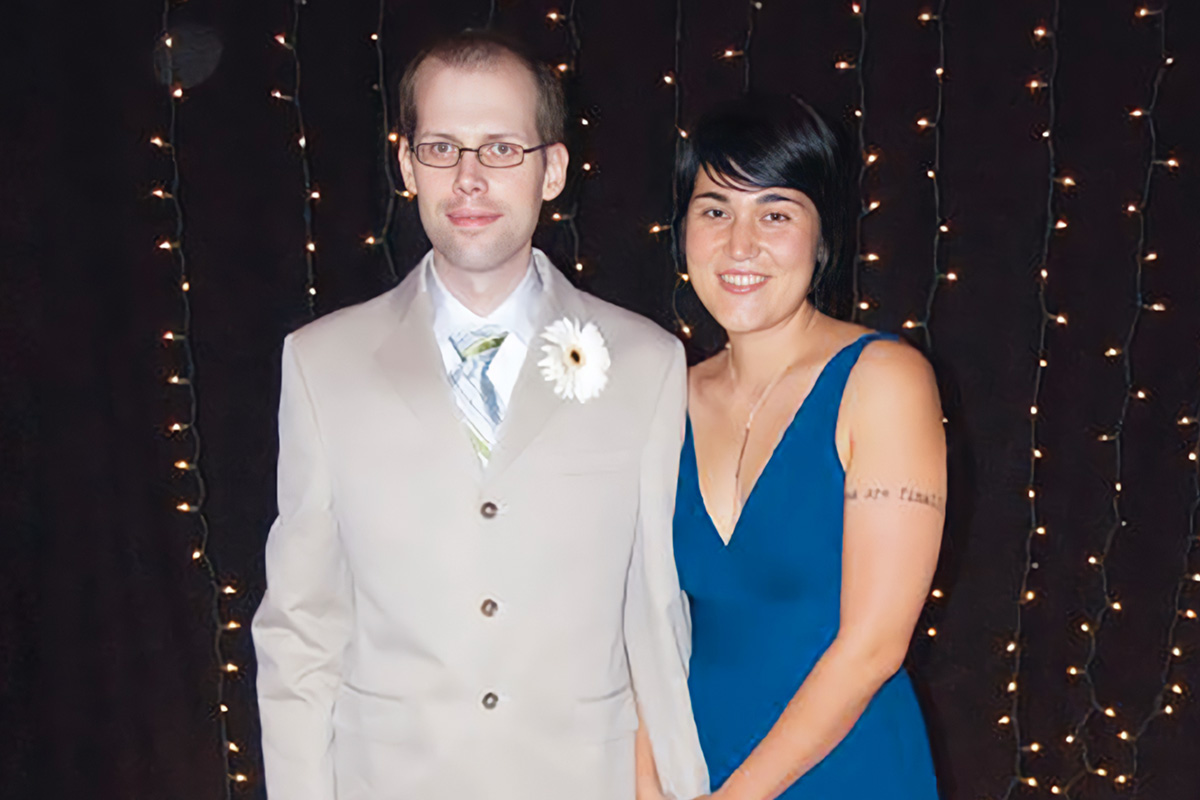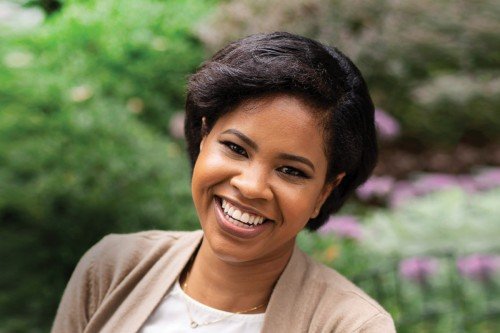
Fumiko Chino
Fumiko Chino is a radiation oncologist who cares for people with gynecologic and breast cancers. She also studies the issues of treatment affordability, which she experienced when her husband was diagnosed with cancer when they were in their 20s.
How did you become a doctor?
I didn’t plan on becoming a physician. I was very happy in my former career as an art director for an entertainment company. But when we were both in our 20s, my husband, Andrew, was diagnosed with an aggressive neuroendocrine cancer and our lives fundamentally changed.
After he died from cancer, I realized that I wanted to effect real change — or at least try to. That set me on the path to becoming a physician.
What did you learn from your husband’s cancer?
Our experience highlighted the enormous gaps that some people with cancer fall into. We discovered he was horribly underinsured, meaning his insurance just wasn’t enough to pay for his care. We faced excruciating out-of-pocket costs. After he died, enormous debt hung over my head.
I learned about what a lot of families have to deal with — not only this terrible disease but also an additional financial layer that was devastating.

Fumiko Chino with her late husband Andrew Ladd
What did this teach you about the challenges facing adolescent and young adult patients?
As just one example, my husband was job hunting after his diagnosis. The need for good health insurance was so overwhelming that it became really the only consideration that mattered to him in accepting job offers — nothing else.
People in their 20s are trying to establish their careers and often are thinking about starting a family. But cancer and cancer treatment can be so disruptive to education and careers that some young adults facing the disease struggle to become financially independent into their 30s and 40s and even beyond. Fertility concerns can also be both financially and emotionally costly.
In med school I discovered this emerging field called “financial toxicity,” which looks at how the cost of care can create barriers for patients. I realized that this is what I had to do. I literally heard the calling from the lecture room.
The research I’m involved with now looks at the durable financial effects of cancer. The effects can be heartbreaking, such as having to cut corners on treatment or being denied crucial loans for homes and education. These stresses can compromise cancer treatment and outcomes.
In the most extreme cases, it can cause bankruptcy or worse. Research shows that one in 20 Black and Hispanic women diagnosed with early-stage breast cancer becomes homeless owing to the cost of their treatment. That shocked me.
What can be done to help reduce financial toxicity?

Fumiko Chino says physicians need to let patients know it’s okay to bring up cost worries.
First: open communication. My husband and I were terrified that if we told his doctors how hard it was to pay for treatment, we would be tossed in the street. Physicians need to let patients know it’s okay to bring up cost worries. For example, if a patient from out of state tells me that missing work will cause them significant financial pain, I can try to find a treatment that’s just as effective but requires less frequent visits.
We should also stop nickel-and-diming patients. We recently published research that shows that relatively small charges, such as parking fees for each visit, can really add up, especially for people on the border of financial instability. I’ve had patients tell me they just couldn’t come into the city for treatment because parking is too expensive.
Thankfully, MSK’s Patient Assistance Fund can help with expenses such as transportation and parking.
At MSK, we help alleviate the financial burdens of a cancer diagnosis through our Social Work Patient Fund and Financial Assistance Program. Make a gift to relieve the strain of uncovered expenses so that people with cancer can focus on what matters most — recovery.
How is MSK doing on these issues?
In my experience, everyone from C-suite executives down to people in the clinics are focused on creating change. I’m really encouraged.
There is an effort to make care teams more aware of how they can help their patients who are facing financial problems. For instance, in March 2021, a new program was rolled out so that anyone on the care team could refer people to Patient Financial Services for help — just like they would for any other service or treatment. The response by doctors and nurses has been really great.
We’ve also been going to doctors’ groups around the hospital to make them more aware of these issues and how to help.
I have also been incredibly impressed with the Patient Financial Services group and its dedication to trying to improve copay assistance for our patients. MSK’s Patient Assistance Fund can also help with essential needs, such as groceries and keeping on the electricity, which are so important to good outcomes.
Those are areas in which the generous MSK donor community is so important. Giving people a buffer when they are going through the worst month or maybe the worst year of their life can really help them return to normal life without being crushed financially.

